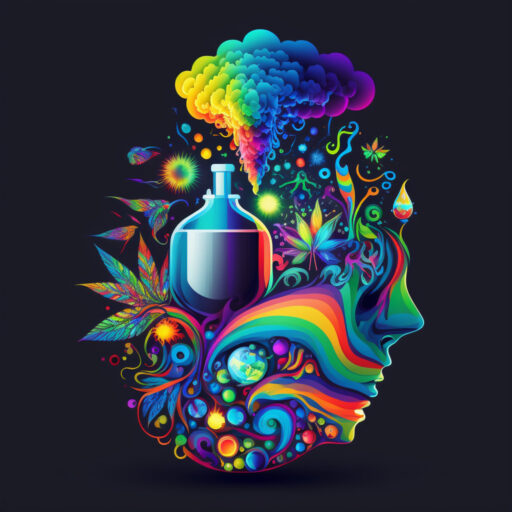As interest grows among both clinicians and the public, psychedelic knowledge and reduced stigma within the psychology field will be critical to ensuring these treatments are implemented ethically, safely, and accessibly. Outreach, education, and interdisciplinary collaboration remain key priorities moving forward.
A recent survey-study involving researchers at Portland Psychotherapy provides intriguing insights into psychologists’ attitudes toward the emerging use of psychedelics like psilocybin and MDMA in psychotherapy. The study, published in the Journal of Psychoactive Drugs, found psychologists hold cautiously optimistic views about the promise of psychedelic-assisted therapy but also harbor concerns about safety risks.
Led by Jason Luoma, PhD and Brian Pilecki, PhD of Portland Psychotherapy, the survey queried 366 licensed psychologists in the U.S. Using vignettes of client scenarios, the researchers examined psychologists’ openness to exploring psychedelic experiences therapeutically compared to alternative interventions like meditation retreats.
Overall, most psychologists indicated receptiveness to discussing psychedelic experiences compassionately in therapy to foster learning. However, around 75% said they would likely warn clients about potential risks of psychedelic use, whereas only 25% would issue cautions around spiritual retreats. Many also expressed the need to consult colleagues due to limited knowledge of psychedelics.
In ratings of treatment acceptability, psychologists viewed psychedelic-assisted therapy much less favorably than conventional medication-assisted treatment for opioid use disorder. They also saw greater risks and lower confidence in effectiveness with psychedelics compared to established interventions.
Additionally, participants rated psychedelics as equivalently safe to alcohol and far riskier than cannabis. In truth, research shows psychedelics like psilocybin have very low rates of harm, in contrast to the extensive public health burden of alcohol. This highlights an urgent need to educate psychologists on the actual safety profiles and therapeutic mechanisms of psychedelics.
On a positive note, most participants believed controlled psychedelic use in research is safe and merits continued scientific investigation. Over 80% felt research on psychedelics should continue to be researched. Still, less than half agreed psychedelics show promise for mental illness, signaling cautious optimism.
In interpreting their findings, the Portland Psychotherapy researchers emphasized the influential role psychologists have in healthcare settings and policy. As interest grows among both clinicians and the public, psychedelic knowledge and reduced stigma within the psychology field will be critical to ensuring these treatments are implemented ethically, safely, and accessibly. Outreach, education, and interdisciplinary collaboration remain key priorities moving forward.
Though this initial survey faced limitations like possible sampling bias, it provides a springboard to track evolving psychedelic perceptions among mental health professionals. Replication with psychologists and other providers will paint a clearer picture of where additional training and open dialogue are needed to overcome enduring misconceptions. As Luoma summarizes, “We must continue the complex process of safely integrating psychedelics into science and society.”


